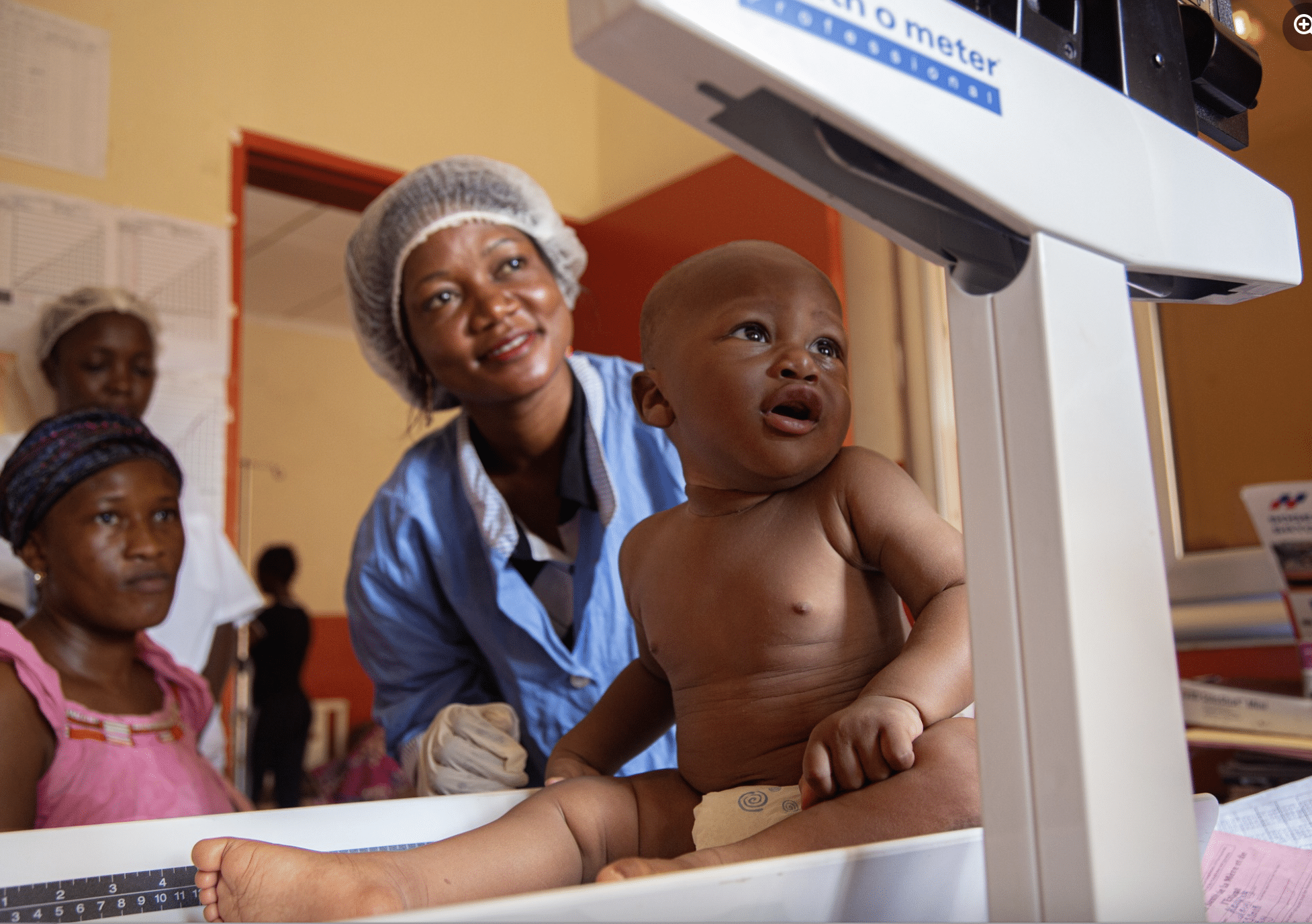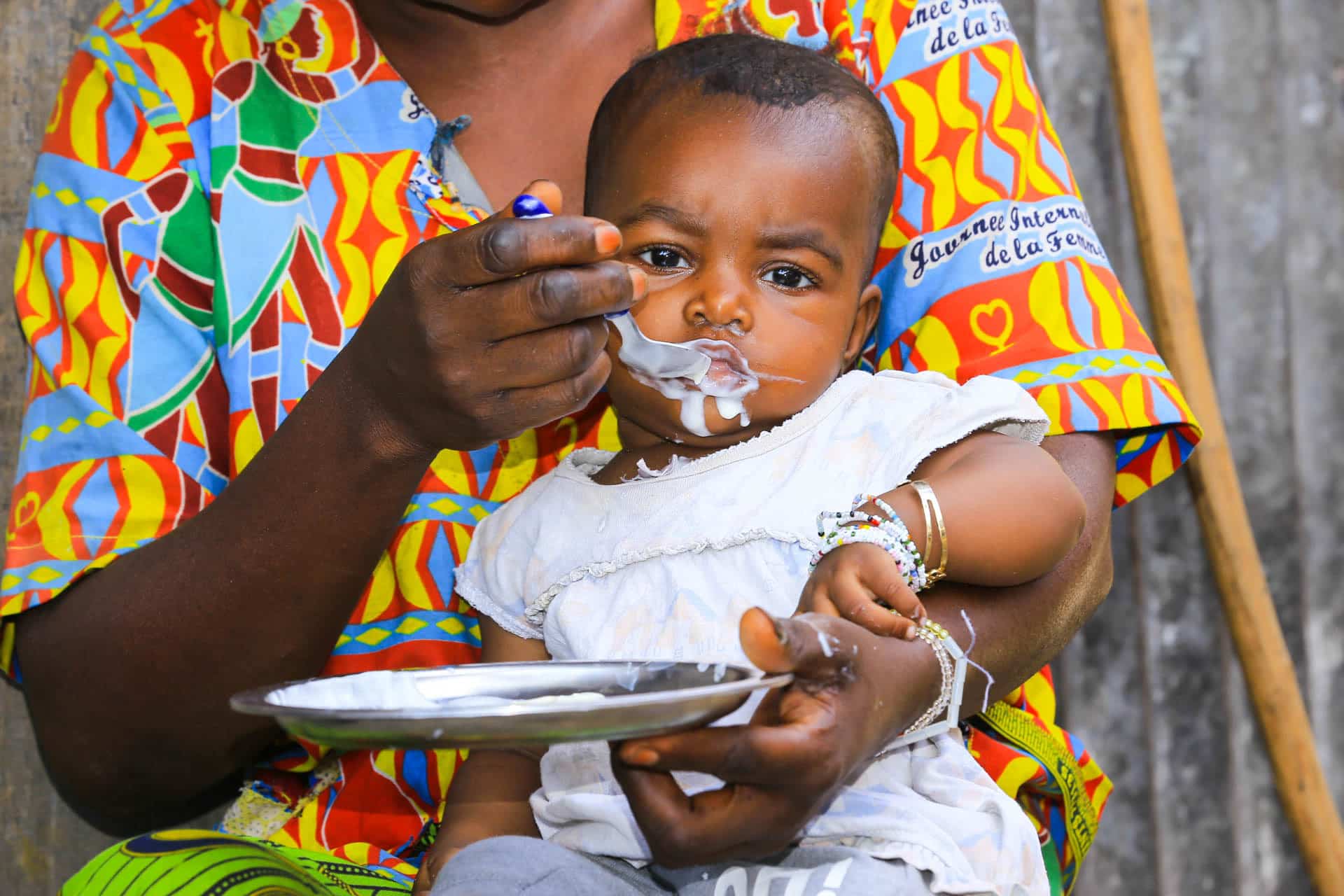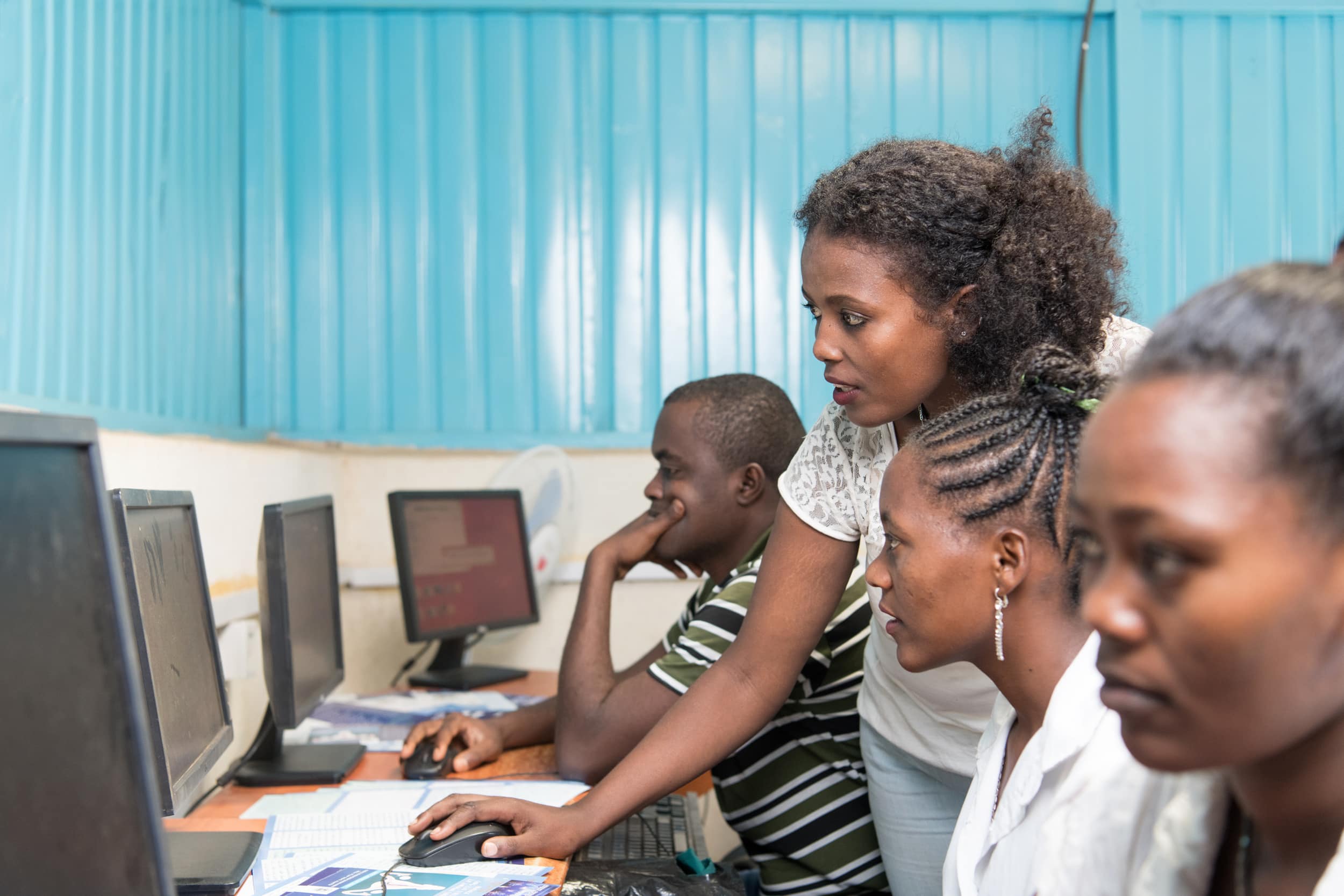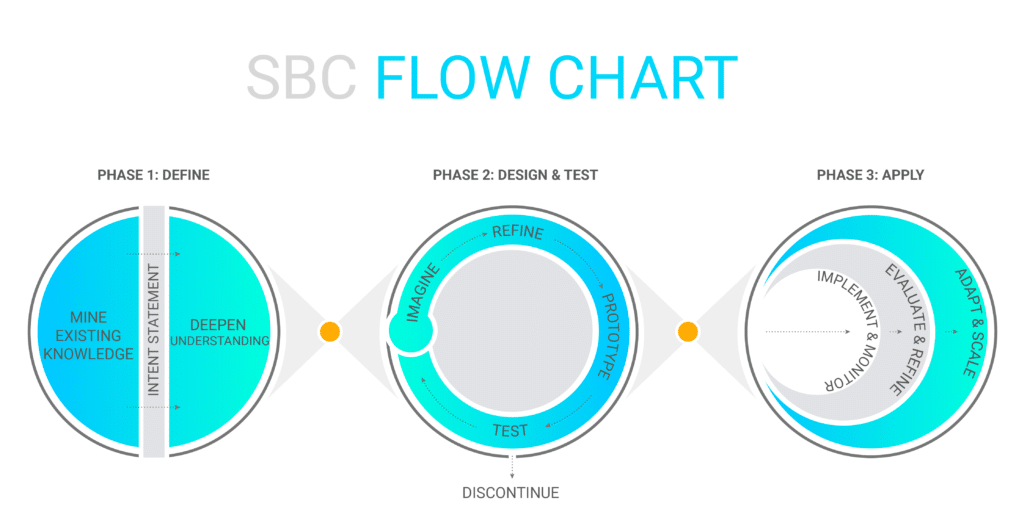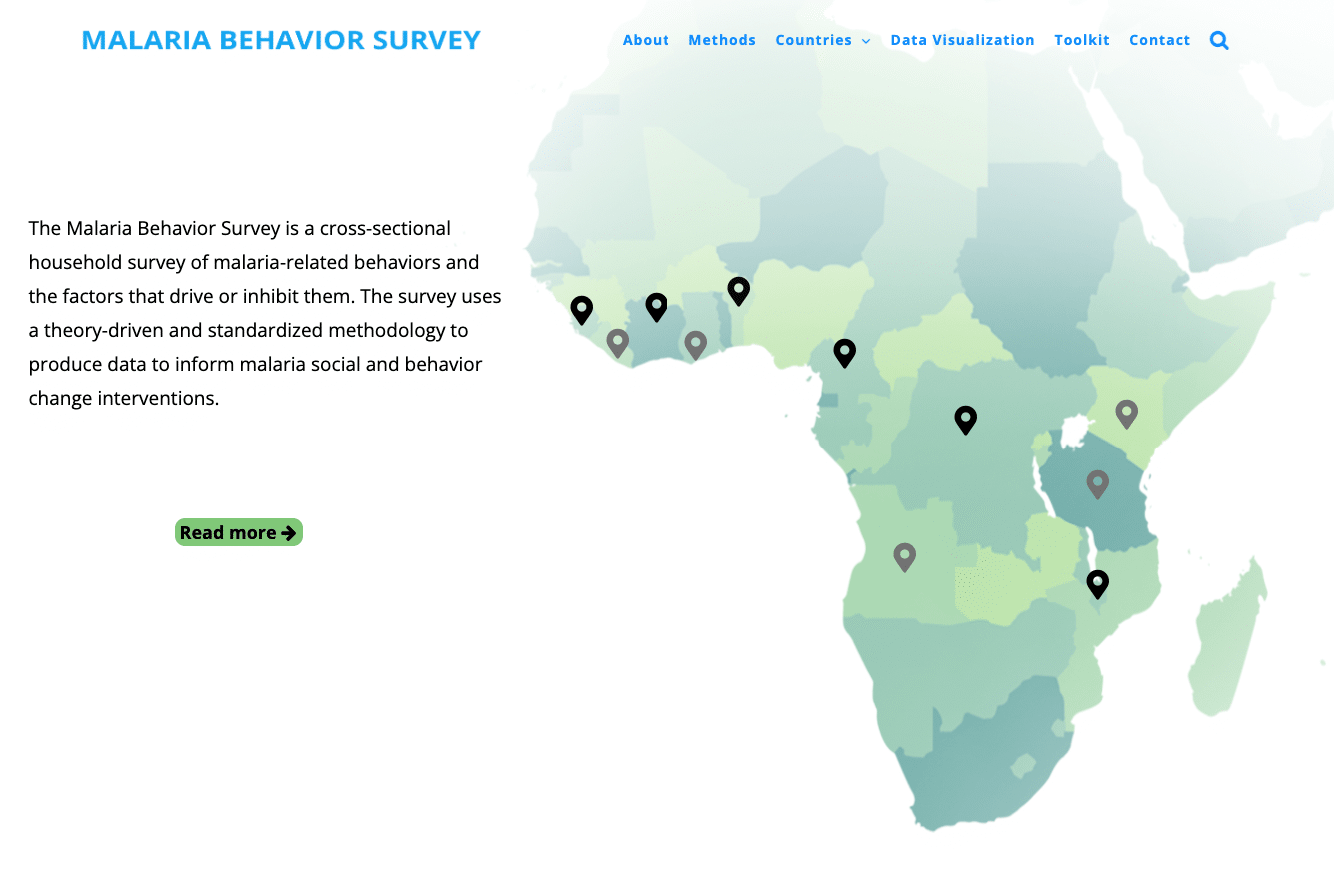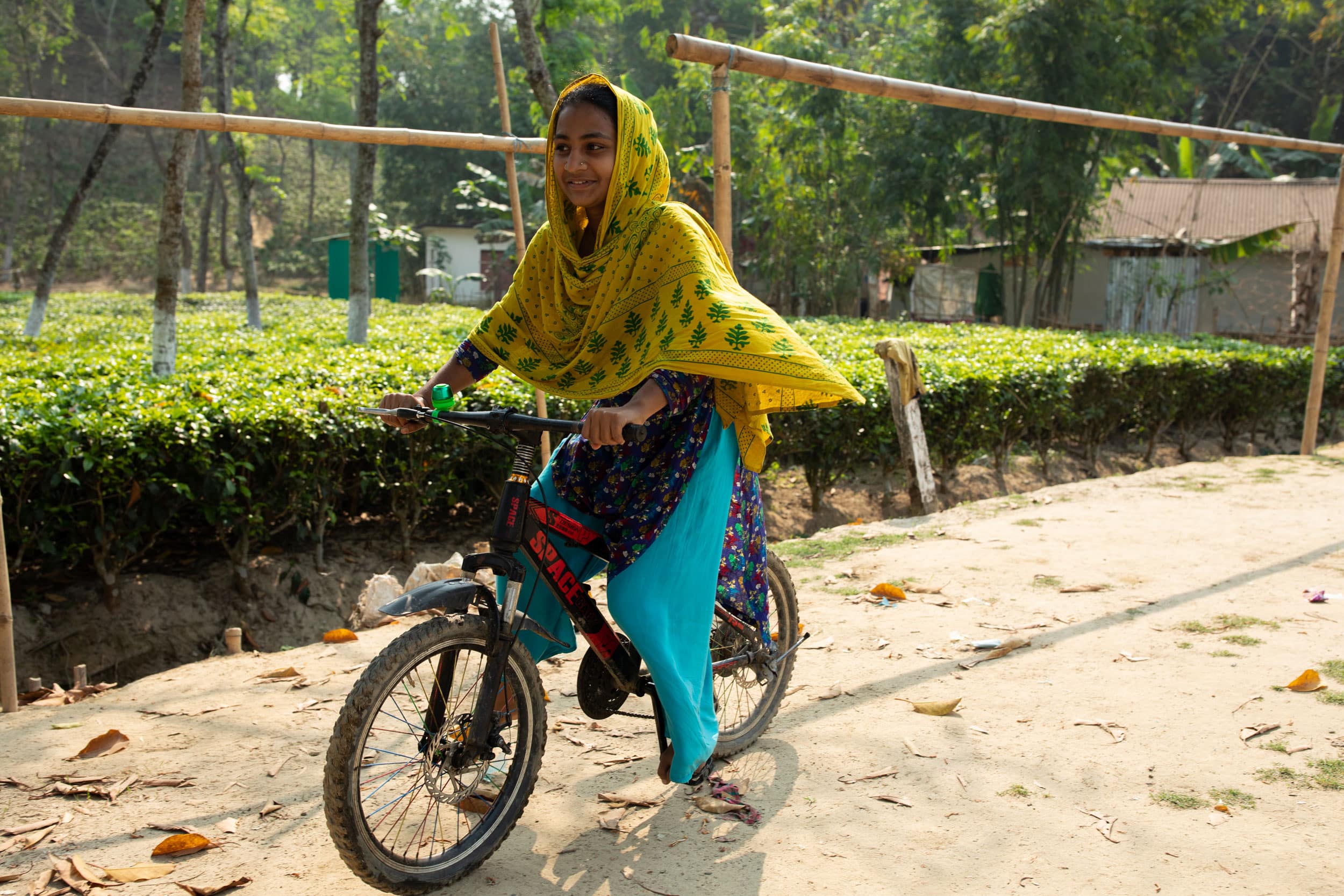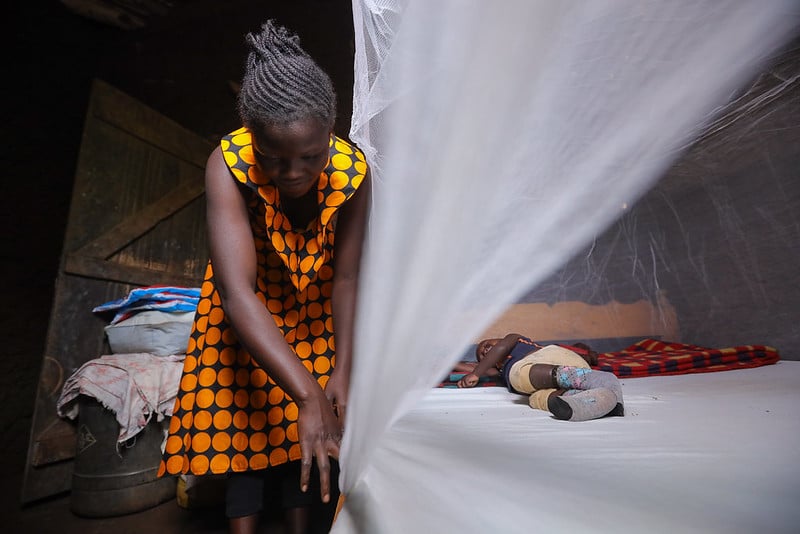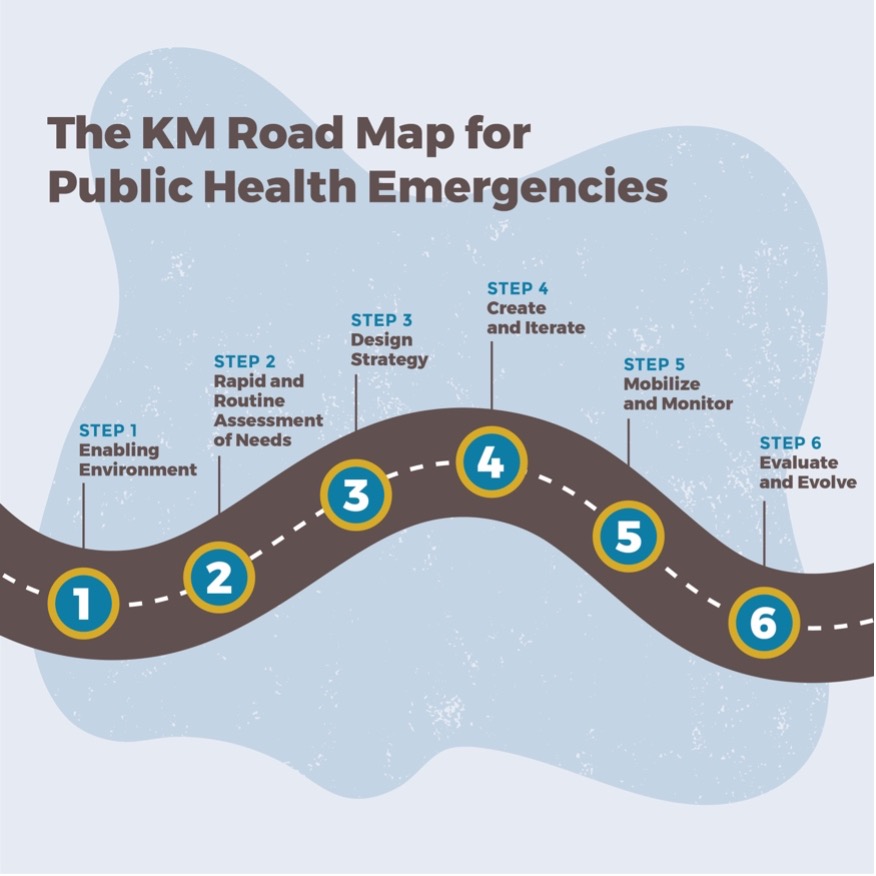
KM Road Map for Public Health Emergencies
This KM Road Map for Public Health Emergencies provides an overview of how to implement KM during a public health emergency, such as an infectious disease outbreak. It outlines a step-by-step process that implementing partners, public health professionals, and donors can adapt to their contexts.

